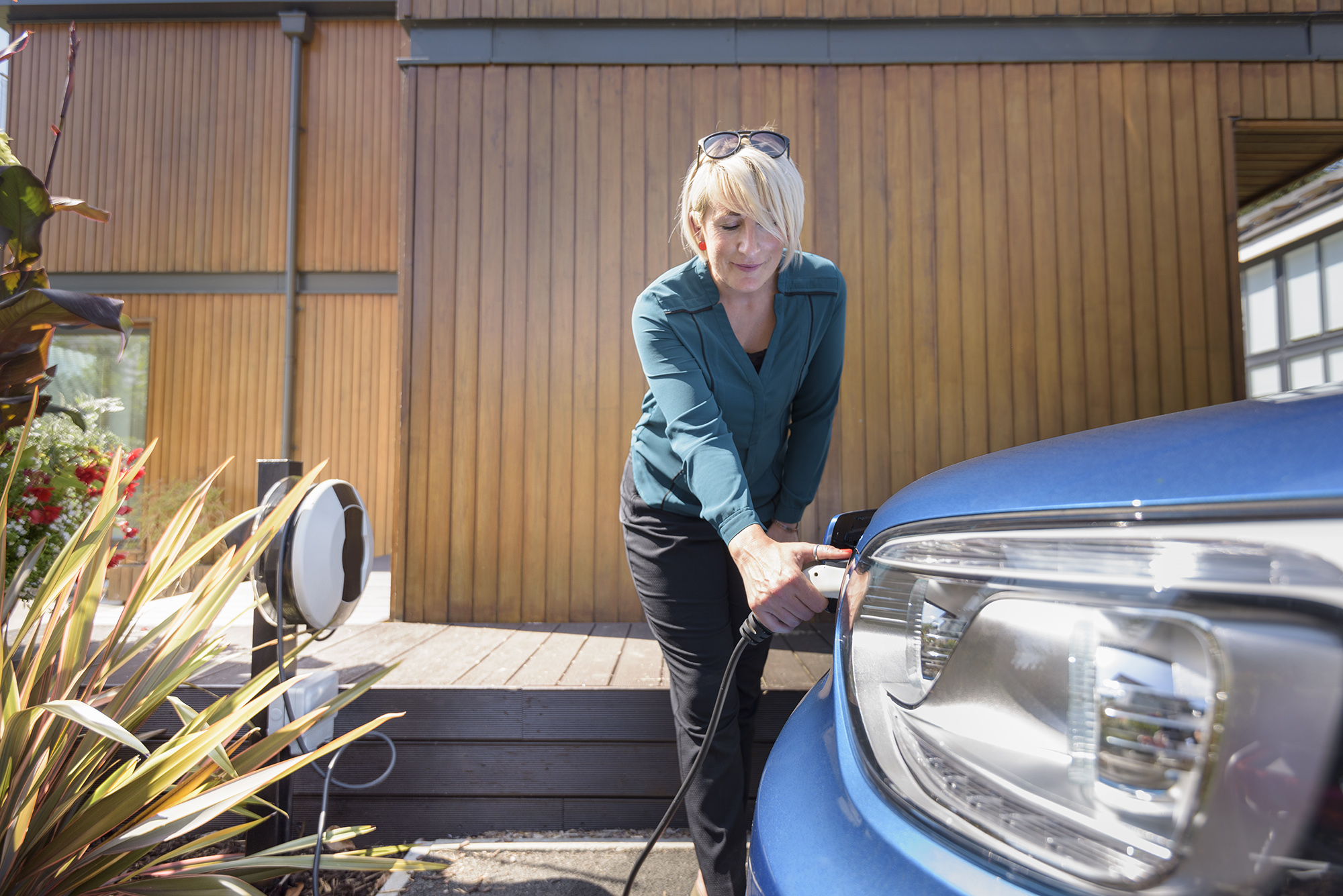Britain’s grid operator serving the Midlands and Wales reckons it’s getting ahead of a major regulatory change in how DNOs charge for installing low-carbon power devices in homes, by being Britain’s first to launch a “connect ability pledge.
From next April a change in Ofgem’s Access Code means costs of grid reinforcements needed to enable new connections of home kit such as heat pumps and EV chargers must be paid by network operators, rather than by the customer as now.
Anticipating the removal of that income source, Western Power Distribution wants to be known as “the DNO that likes to say Yes”, in respect of hooking its eight million customers from Cornwall to the Wash up to domestic low-carbon technologies.
Core of its new connectability pledge, the regional gridco now declares says no obstacle should prevent homes in its patch adopting the coming technologies.
In an echo of a 1980s TV campaign for a now defunct brand, WPD sees itself as Britain’s first gridco committed to becoming “the DNO that likes to say yes”.
At present, around 11,000 heat pumps and 59,000 EV chargers are connected to WPD’s network. In the six years to 2028, it estimates those numbers will rise to 628,000 heat pumps and 1.5 million chargers.
WPD’s system development manager Paul Jewell said: “We want to make the move to low carbon heating and transport as simple as possible for our customers.
“By saying ‘yes’ to all domestic-sized connections, we remove one consideration from the list for customers. They can choose a car or heating solution without worrying about our network.
The pledge is a key component of WPD’s Business Plan for the RIIO-ED2 price control period, which outlines the network operator’s commitments to invest £6.7 billion between 2023 and 2028.
“We might need to come and do some work at some customers’ properties”, Jewell explained”. “But any domestic customer who is thinking of installing these low carbon technologies can proceed with confidence that our network will not be a barrier to their plans.”
“The 2050 deadline for reaching net zero is 28 years away,” said Jewell. “Many of our assets have a 50-year lifespan, so we are already building the network that will be operational when net zero is a reality.
After years of installing fatter service cables to new-build properties, WPD is are now installing larger network cables ready to meet demand, Jewell explained.
“All of this work will support the revolutionary changes we are all going to have to make to achieve Net Zero. As a network operator, we know customers rely on us being there for them and we cannot afford to get this wrong.”
Ensuring no customer is left behind when it comes to the transformation needed to reach net zero is another major promise contained within the plan.
Jewell added: “We are following in the footsteps of the rollout of broadband and mobile phone coverage. So we know we must build a network that’s fit for the future today – and we must ensure equal access for all of our customers.”




